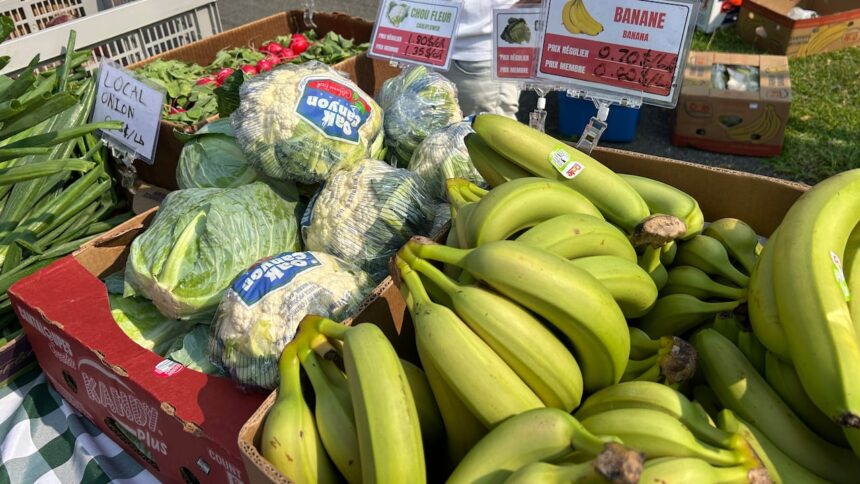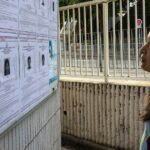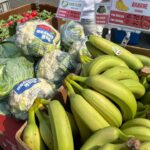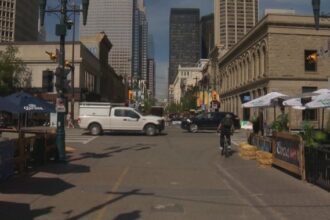The rumble of an approaching truck brings smiles to residents in Montreal’s Park Extension neighborhood, one of the city’s most densely populated and economically challenged areas. This isn’t an ordinary delivery vehicle—it’s a lifeline for hundreds of families struggling with food insecurity in a city where grocery options are increasingly limited by gentrification and rising costs.
“Before this market came, I had to take three buses just to find affordable vegetables,” explains Maria Sanchez, a mother of three who has lived in the neighborhood for eight years. “Now they bring everything right to us, and the prices are something we can actually afford.”
The Marché Solidaire Mobile, a community-driven initiative launched by local non-profit Collectif Ville en Vert, has transformed access to fresh produce across five underserved Montreal boroughs. Operating three days a week, the converted delivery truck carries approximately 70 different fruits and vegetables, with prices averaging 30% lower than conventional supermarkets.
What makes this mobile market unique is its comprehensive approach to addressing food insecurity. Beyond simply providing affordable produce, the initiative incorporates educational workshops on nutrition, cooking demonstrations using seasonal ingredients, and multilingual services that reflect the diverse immigrant population it serves.
“We’re not just selling food—we’re building food literacy and community resilience,” explains Jeanne Lapointe, the project coordinator. “Many of our customers come from countries with rich agricultural traditions but struggle to apply that knowledge in Canada’s urban environment and climate.”
The market’s impact extends beyond immediate nutritional benefits. Local data collected since the program’s inception three years ago shows participating households report a 42% increase in fruit and vegetable consumption and a 37% reduction in monthly food expenditures. These improvements carry significant implications for public health outcomes in neighborhoods where diet-related conditions like diabetes and hypertension occur at rates substantially higher than the municipal average.
The initiative has caught the attention of city officials seeking sustainable solutions to urban food deserts. Last month, Montreal’s city council approved $1.2 million in additional funding to expand the program to three more neighborhoods by summer 2024.
“This represents a fundamental shift in how we approach food security,” notes Montreal City Councillor Sophie Mauzerolle. “Rather than treating hunger as simply an income problem, we’re addressing the structural inequalities in our food distribution systems.”
The mobile market model has proven particularly effective during Canadian winters when transportation challenges further isolate vulnerable communities. Unlike seasonal farmers’ markets, the Marché Solidaire operates year-round, adjusting its inventory to feature root vegetables, preserves, and greenhouse-grown produce during colder months.
The initiative faces challenges, however. Fuel costs, vehicle maintenance, and securing consistent produce supplies at affordable prices require constant attention from organizers. The program relies on a combination of government grants, corporate partnerships, and a sliding scale payment model where higher-income customers subsidize those with limited means.
“We’re constantly working to balance accessibility with financial sustainability,” explains Lapointe. “The goal is to create a model that can eventually become self-sufficient while never compromising our core mission of food justice.”
As Montreal continues to experience rapid development and economic shifts, innovative approaches like the mobile market offer a blueprint for addressing urban inequality. The question remains: can such community-driven solutions scale sufficiently to address systemic food insecurity, or will more fundamental policy changes be required to ensure all Montrealers have reliable access to nutritious food regardless of their postal code?























